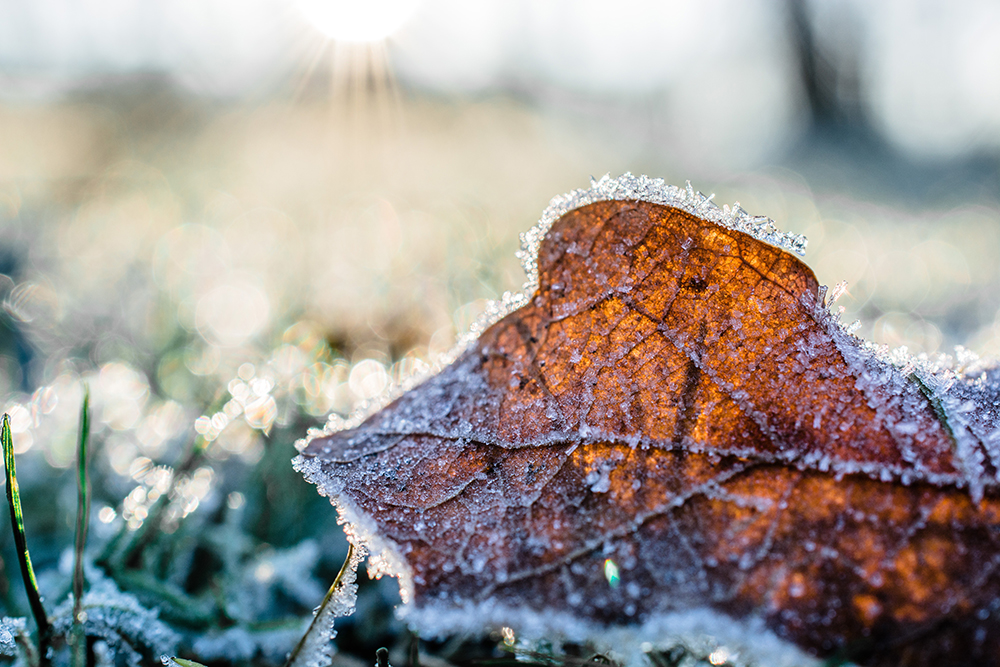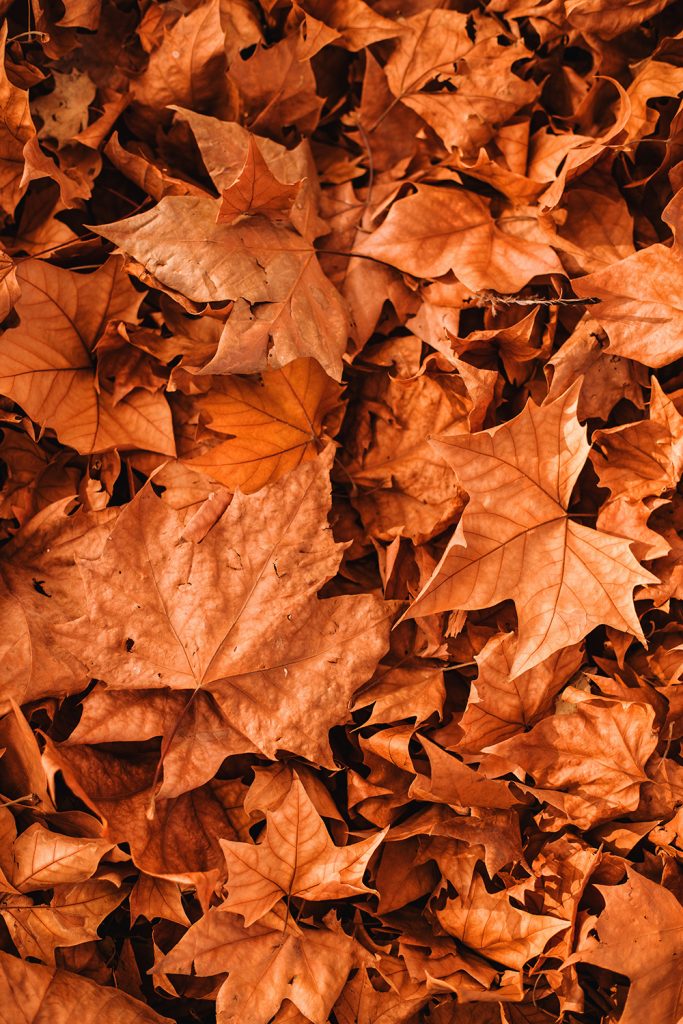The garden begins to wind down in November as deciduous plants enter dormancy. Leaves are falling rapidly, and wind and rain are on the increase. Whilst most of nature is hibernating in the colder months, winter is the ideal time to get new trees into the ground. Trees are best planted in the late autumn, when the soil is still warm but not too dry, giving roots time to acclimatise before the harsher temperatures of winter arrive. Whatever you plan to do outside in November, take time to enjoy the garden as it fades, leaving structural plants and evergreens to take centre stage.
Looking Good This Month: Trees
Why should you plant them?
Trees add structure to gardens and landscapes. As well as being used as a focal point, they also make good hedges and screens. They come in a huge number of varieties, shapes and sizes, and there is one to suit every taste and position.
While most trees are grown for their foliage or flowers, some are praised for their bark and branch shapes. Some trees look fantastic in spring while full of flower, and others burst into vibrant colour in the autumn.
How should you plant them?
Stake young trees diagonally. This protects them from strong winds and ensures the roots do not get damaged.
Most varieties of tree will have specific planting instructions. There is a tree that will thrive in all soil types, from wet soil to poor dry land and everything in between. The best advice is to check the plant label or look it up in an online plant directory.

3 Essential Gardening Jobs for November
Protect Tender Plants
The weather is turning, so it’s time to get those plants protected – frosts can do serious damage. Move tender plants in pots to the greenhouse, conservatory or porch. Exotic plants such as palms or tree ferns should be wrapped up for the winter with frost protection material.

Lift and Store Corms and Tubers
Lift and store plants such as dahlias and tuberous bedding begonias that have been hit by bad weather. Store in a dry, frost-free, dark place, ideally in a layer of sawdust. Check occasionally over winter to ensure they are dry and rot free. Remove any that look suspicious to prevent the risk of further infection.
Tie in Tall Plants and Secure Structures
An important winter job is to stake tall plants, climbers, and young trees to protect against strong winds. Check that existing ties are not cutting into stems of plants that have grown over the summer. Structures such as arches, pergolas and fences should also be checked and ideally treated with a preservative. If repaired now, there is less potential for damage in high winds.
Enjoy Your Garden!






